In most hospitals, emergency admissions of patients are frequent, especially in cases of traffic accidents, fights, disputes, etc. Recently, violence against medical staff in hospitals has occurred quite frequently and nationwide.
Violence against medical staff while they are working not only causes physical and mental harm to doctors and nurses but also seriously affects medical activities.
A series of assaults on medical staff
The most recent incident occurred in the administrative area of the Emergency Department (Nghe An General Hospital, Vinh City) on May 31. According to the video recorded by a security camera at 11:54 p.m. the same day, while standing and talking to a female employee at the check-in counter, the man spoke loudly and pointed at a piece of paper on the table. He then leaned over the table and slapped the employee. Security guards and a nearby resident intervened and pulled the man away. The reason for the conflict and the condition of the medical staff are currently unknown.
On June 2, the Nghe An Provincial Department of Health said it had requested Nghe An General Hospital to specifically report the incident to come up with a solution.
On June 3, Tuan Anh, 32 years old, residing in Nghi Kim commune, Vinh city, was being detained by Nghe An Provincial Police to investigate the act of disturbing public order that occurred at Nghe An General Hospital.
Recently, there have been a number of incidents involving violence against medical staff in hospitals while they are working.
On May 4, a medical worker at Nam Dinh General Hospital was pushed and hit in the face by a family member. This person was later prosecuted for disturbing public order.
On April 25, while treating a 12-year-old boy in anaphylactic shock, doctors at Thanh Ba District Medical Center (Phu Tho) were pushed and attacked by the patient's family. Despite the disturbance, the emergency team remained calm and handled the situation professionally, no one left their positions or reacted, and focused on saving the patient. Afterwards, the person who abused the nurse was fined 30 million VND.
Previously, a doctor in the Emergency Department of Chu Se District Medical Center (Gia Lai) was also assaulted by a patient's family, leading to psychological trauma and shock.
Mr. Ha Anh Duc - Director of the Department of Medical Examination and Treatment Management (Ministry of Health) emphasized that the medical examination and treatment sector is inherently under a lot of pressure, with about 200 million medical examinations and treatments each year, averaging hundreds of thousands of visits per day. Meanwhile, the workforce in the sector has not been able to meet the demand. There are very crowded hospitals, patients want to be examined quickly and thoroughly, but many times the medical facilities cannot keep up.
Dr. Ha Anh Duc - Director of the Department of Medical Examination and Treatment Management (Ministry of Health). (Photo: PV/Vietnam+)
When the number of patients is too large with increasing demand and diversity of medical services as well as heavy pressure on medical staff. This is also a situation that can make patients and their families not satisfied as they wish.
All reforms are aimed at simplifying the patient's life.
According to statistics from the Ministry of Health, every year there are dozens of cases of violence against medical staff nationwide, many of which cause serious injuries. Cases of violence against medical staff often occur in patient emergency areas.
Analyzing the issue of emergency care for patients, Mr. Duong Duc Hung - Director of Viet Duc Friendship Hospital affirmed that all medical staff of the hospital have been thoroughly informed that emergency patients must be focused on treatment. Patients when coming to the emergency room are often in an emergency situation, so administrative and financial procedures must be ignored to focus on saving the patient.
“Because when a patient is in an emergency, the first priority is time, it must be urgent, even in the emergency regulations, there are detailed regulations that in case the patient needs emergency treatment such as tracheostomy without relatives, the head of the hospital on duty will have to take responsibility to sign on their behalf. The regulations in the hospital regulations of the Ministry of Health are very comprehensive. In an emergency, there is nothing required here. The procedures must be simple, especially administrative and financial procedures, not waiting for enough relatives to sign this and that before performing surgery, while the patient is bleeding and if surgery is not performed in time, it will lead to death,” emphasized the Director of Viet Duc Friendship Hospital.
Mr. Hung cited that Viet Duc Hospital regularly receives dozens of emergency cases every day, and many patients die after surgery without paying hospital fees, but the hospital never asks whether administrative or financial procedures must be completed before it can perform professional work.
At Viet Duc Friendship Hospital, every year, training sessions on codes of conduct are held for all staff, not only doctors and nurses but also security guards, cleaners, etc. In particular, security guards who often come into contact with people are required to communicate gently and politely, avoiding causing unnecessary tension.
Associate Professor Dao Xuan Co - Director of Bach Mai Hospital (Hanoi) said that at Bach Mai Hospital, the largest special hospital in the country, every day, emergency care is provided for about 500-900 cases from all over the North, about 6,000-8,000 patients come for examination every day, so the work pressure is very high. Therefore, the hospital always focuses on communication skills, strengthens security to prevent assault on medical staff.
Faced with great pressure in emergency and treatment work, Bach Mai Hospital has developed scenarios for handling situations suitable for each type of emergency and coordinated with security forces, guards, and police to ensure order and safety, especially in the emergency area. The hospital also strengthens communication skills training for medical staff to stay calm, control situations, and relieve stress from patients and relatives, thereby building an image of a professional and friendly medical sector.
In fact, in the emergency area, the patient population is very diverse and complex, including many different diseases, from traffic accidents, clashes, disasters or mass emergency situations... In many cases, patients and their relatives fall into a state of panic, easily leading to frustration and agitation from accompanying relatives, so there is a high risk of collision with medical staff while on duty to save lives.
“Over the years, thanks to the application of prevention and control measures, the hospital has almost no longer recorded cases of medical staff being assaulted. This is the result of efforts to create a safe working environment, helping doctors and nurses feel secure in performing their duties. However, to maintain this result and serve the people better, cooperation from the community is needed. We hope that people will cooperate with medical staff, especially in emergency situations,” said Mr. Co.
Regarding the situation of violence against medical staff, previously, Dr. Ha Anh Duc - Director of the Department of Medical Examination and Treatment Management affirmed that regardless of the cause, the act of assaulting medical staff, especially when they are performing their professional duties, is completely unacceptable. Safety must be ensured so that medical staff can do their job well.
Immediately after the incidents, the Ministry of Health issued a document directing rectification throughout the industry, requiring the Departments of Health to immediately work with the police to ensure security and protect medical staff while performing their rescue duties.
Mr. Ha Anh Duc said that since 2014, the Ministry of Health has signed a coordination regulation with the Ministry of Public Security. This includes content related to ensuring security and order at medical facilities. The health sector also proposed that hospital directors should strengthen the protection corridors in emergency and intensive care areas because these are places where tense situations often occur. At the same time, the Ministry will continue to report and advise the Government, or within the authority of the Minister, to issue specific policies to protect medical staff.
The Director of the Department of Medical Examination and Treatment Management said that in the entire reform of administrative procedures in medical examination and treatment, the core factor is still the patient. All policies and solutions must aim to put the patient at the center. Regarding financial mechanisms, units need to continue to review and adjust to create transparency and reduce barriers for patients./.
(Vietnam+)
Source: https://www.vietnamplus.vn/hanh-hung-nhan-vien-y-te-nhung-su-viec-can-len-an-manh-me-va-xu-ly-nghiem-post1042214.vnp


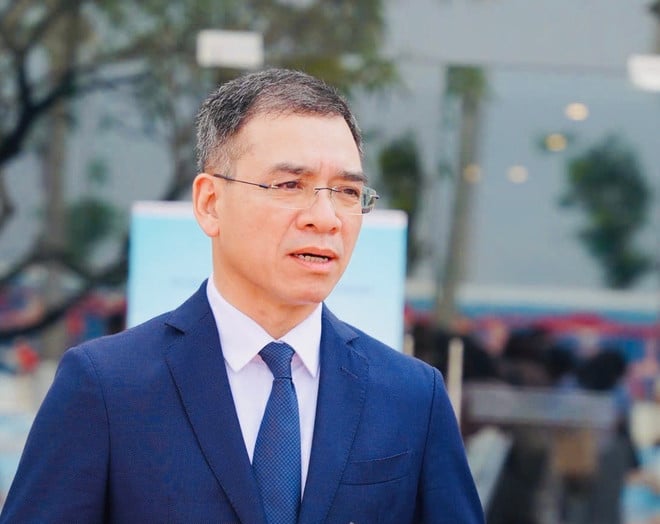








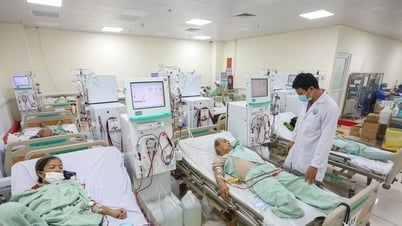










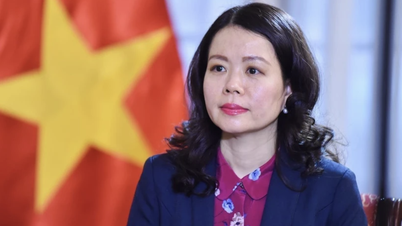





































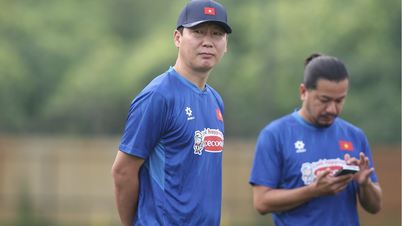


















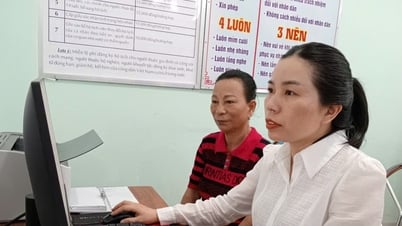














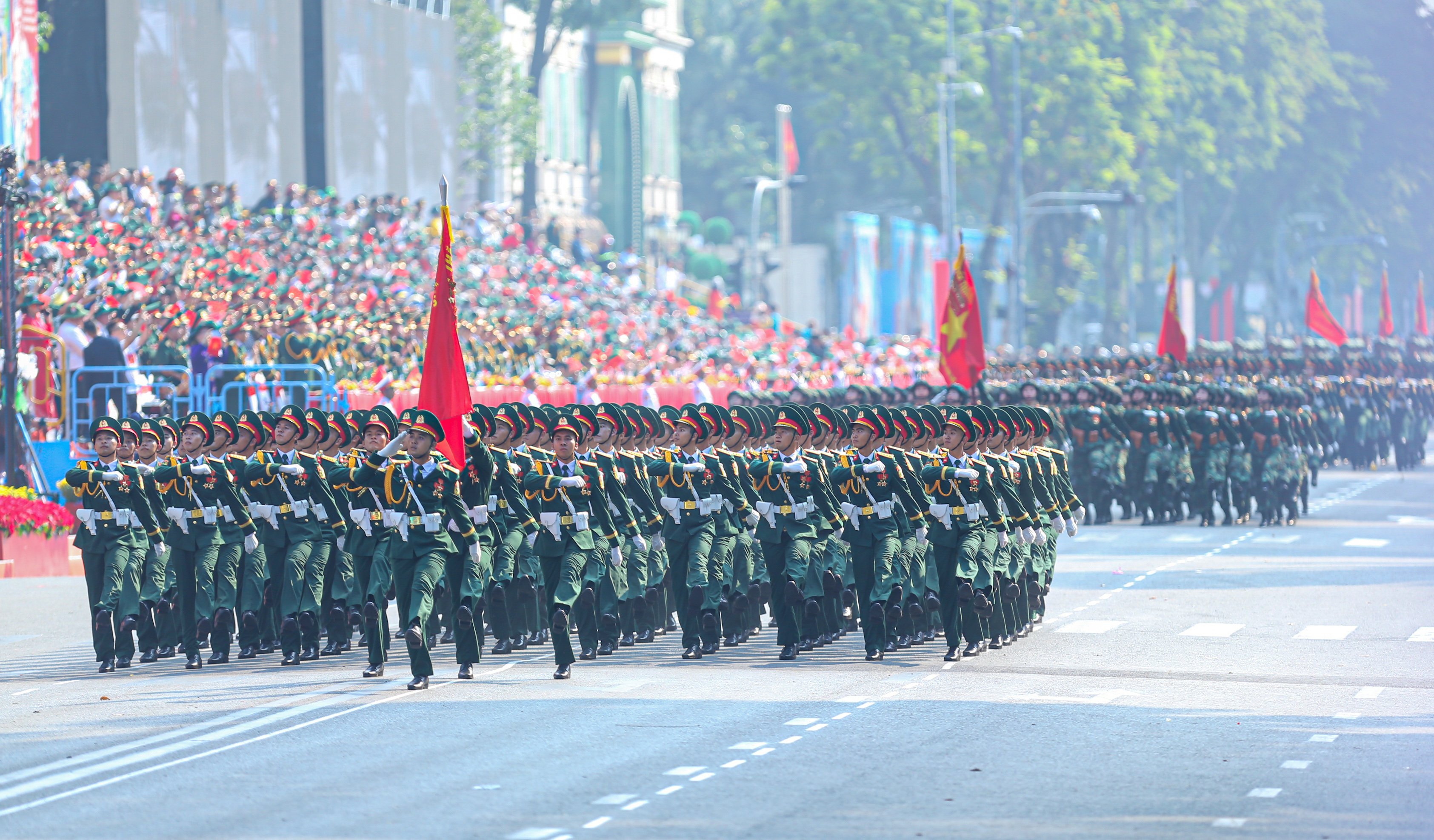



Comment (0)